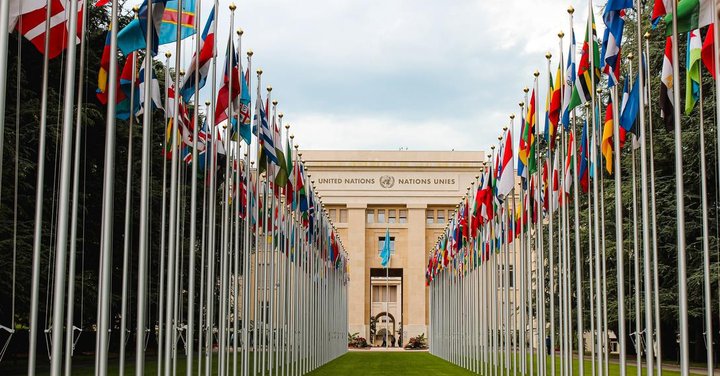The role of the High Commissioner for Human Rights in the world

If one had to name the ultimate entity that protects human dignity, it would be enough to point to the Office of the High Commissioner for Human Rights (OHCHR). Whose responsibility it is to promote and protect these universal ideals.
The world trusted this international watchdog. Among the priority thematic areas on which this agency works are: strengthening international mechanisms for the protection of human rights, fighting impunity and strengthening responsibility, promoting equality and the rule of law, including universal guarantees in development plans and the international economy. areas, the expansion of the democratic system as a form of government for nations, the creation of devices that provide early warning of possible violations of human rights and, of course, the protection of these rights in special situations of conflict, violence and danger.
Considering the important role of the UN High Commissioner for Human Rights, an emphasis on navigating complex international law is paramount. The High Commissioner advocates for the protection of human rights around the world, influencing policy reforms and holding violators accountable. Moving from the global arena to specific legal challenges, the experience of ofac lawyers becomes crucial. These professionals navigate the tight rules enforced by the Office of Foreign Assets Control, ensuring compliance and guiding organizations through the complex process of sanctions and embargoes. Together, these two areas work together to shape a safer and more just international community.
Activities of the High Commissioner for Human Rights
OHCHR works to strengthen the human rights agenda of the United Nations through the various executive bodies to which it provides special support, and in this sense its activities are closely linked to those of its partners.
Also, part of the strong work of the office is the actions it takes together with governments, parliaments, courts, national institutions, civil society, regional and international organizations to promote mechanisms for the protection of universal guarantees at any scale and in accordance with all specific normative acts.
The Office will prioritize the most urgent cases of human rights violations, including those that put people's lives in imminent danger. Its provisions also state that it will pay equal attention to civil, cultural, economic, political and social rights.
Measuring the results of its work is also an important part of its governance, so it devotes efforts to measuring the impact of the significant benefits that its work has brought to individuals and nations of the world.
Long-term work
The Office of the High Commissioner for Human Rights focuses its work on three dimensions:
- Setting standards.
- Supervision of completed works.
- Field application.
To achieve this, they offer specialized human rights advice to governments, national and international institutions and non-governmental organizations in the exercise of their functions.
Funding for the office depends on a share of the UN's regular budget, with the rest coming from voluntary contributions from member states and other issue-sensitive donors.
About human rights
These Universal Warranties are interrelated, interdependent and indivisible. They are provided for and guaranteed by law through legal figures such as treaties, customary international law, general principles and other sources of international law.
These rules set out measures that governments must take in certain situations to promote and protect fundamental principles and freedoms of individuals or groups.
The principle of universality is one of the most important qualities of this proclamation, since it establishes that all states are obliged - regardless of their political, economic and cultural systems - to promote and ensure the preservation of these guarantees. In this sense, according to UN data, all states have ratified at least one of these legal instruments, and 80% of them have done so with four or more core human rights treaties.
